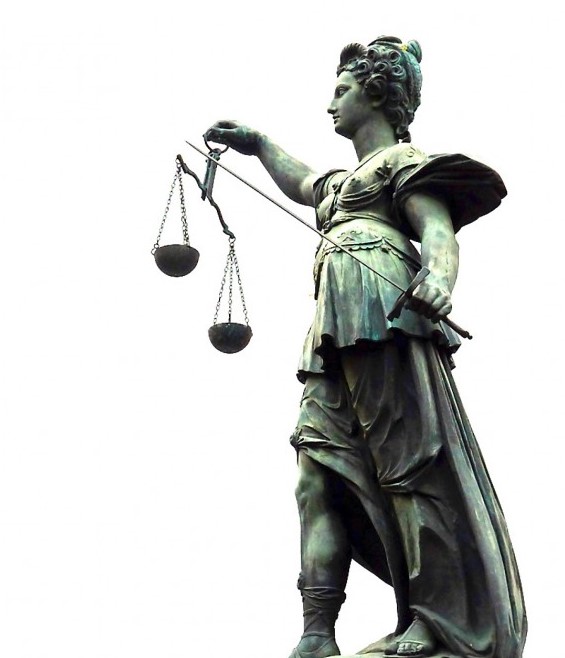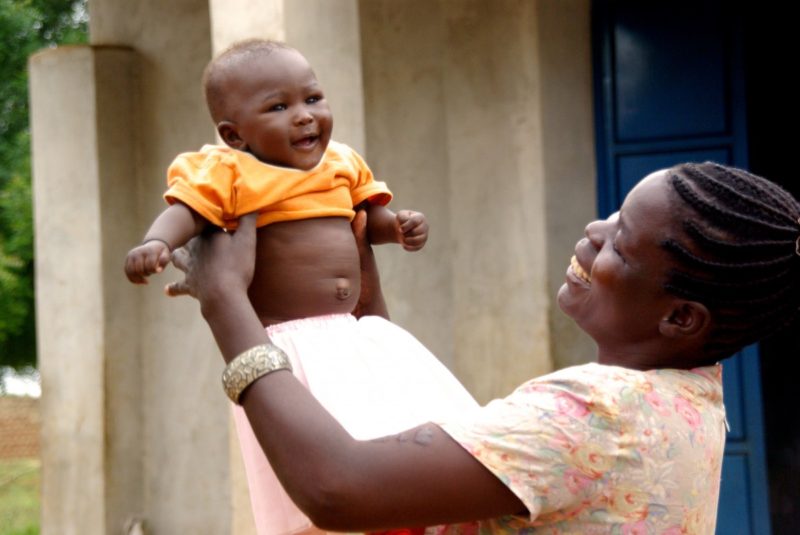In part 1 we wrote about the suitability of home schooling for developing future citizens.
Now let’s examine a little-known Greek word and its biblical roots, paideia, to further understand the role of mothers in preparing their children for life.
The noun paideia and its verb form paideuo are found primarily in the Prophets and Wisdom literature of the Old Testament as a translation of the Hebrew מוּסָר – mû·sār. This word is used in Proverbs 41 times, and in the Psalms 18 times.
The Hebrew mû·sār is translated variously as:
– discipline, i.e., a correction that is a minor punishment for teaching which may include a rebuke (Pr 3:11);
– discipline, i.e., self-control as a feature of a wise person, as moral quality (Pr 1:3);
– punishment, i.e., an infliction of a judicial penalty based on a standard (Pr 16:22; Isa 53:5),
– warning, i.e., to speak words about a future event with a focus on changing a behavior or action (Job 33:16);
– instruction, i.e., the teaching of a principle or axiom for life (Ps 50:17; Pr 1:8; 15:33; 23:12),
Paideia relates to self-governance
Note that the word relates to internal self-governance. It relates not merely to knowledge but to character formation. There is an external standard for  goodness, God’s laws and ordinances. We mature as we learn to govern ourselves, be it from internal or external discipline.
goodness, God’s laws and ordinances. We mature as we learn to govern ourselves, be it from internal or external discipline.
In classical Greek, paideia (παιδεία) refers to education or mental culture.
In the New Testament, the word is translated variously as
– instruction (2Ti 3:16);
– discipline, training (Eph 6:4);
– punishment, chastisement for improving behavior (Heb 12:5, 7, 8, 11+)
In both the OT and NT, godly nations are nurtured into existence through paideia, the discipline instruction, and chastisement used in building people of character. In fact wisdom may be summarized as the moral application of truth. Paedeia builds people who are self-governing and thus free. People who are wise build nations that flourish because they manifest, as Jun Vencer says, “individual righteousness, economic sufficiency for all, lasting social peace, and public justice even for the poorest of the poor.”
Mothering the World
The second half of the 19th century brought first-wave feminism. These were homemakers, mothers and nurturers who understood that the family was the center of human life, that their children would inherit the world and needed to be prepared. They also understood that the home was the foundation for the health of the society.
American poet and maternal feminist Lydia Sigourney stressed the importance of the mother nurturing and educating her children. She describes some of the depth and range of knowledge  needed for that task.
needed for that task.
Is it not important that the sex to whom Nature has entrusted the molding of the whole mass of mind in its first formation, should be acquainted with the structure and development of the mind? – that they who are to nurture the future rulers of a prosperous people, should be able to demonstrate from the broad annals of history, the value of just laws, and the duty of subordination – the blessings which they inherit, and the danger of their abuse? Is it not requisite, that they on whose bosom the infant heart must be cherished should be vigilant to watch the earliest pulsations of good and evil? – that they who are commissioned to light the lamp of the soul, should know how to feed it with pure oil? – that they in whose hand is the welfare of beings never to die, should be fitted to perform the work, and earn the plaudits of heaven?
Mothers shape the world
Daniel Webster, a Constitutional lawyer and member of the US House of Representatives, speaking in 1840, expressed the interests of first-wave feminists.
[T]he mothers of a civilized nation … [work], not on frail and perishable matter, but on the immortal mind, molding and fashioning beings who are to exist for ever…. They work not on the canvas that shall perish or the marble that shall crumble into dust, but upon mind, upon spirit, which is to last for ever, and which is to bear, for good or evil, throughout its duration, the impress of a mother’s … hand.
Nellie McClung, a Canadian first-wave feminist and supporter of woman’s suffrage, spoke of the maternal need and instincts for involvement in both the domestic and public spheres:
A woman’s place is in the home; and out of it whenever she is called on to guard those she loves and to improve conditions for them.
The maternal feminists’ interest was to extend their maternal reign in the home into the larger world to create a healthy society for their children. A maternal feminist understood that she was to prepare her children for citizenship and prepare society for her children.
Maternal feminists wanted to help create a society that supported the health of the family and the child. They wanted to defeat the forces that undermined the family and destroyed the nation. They fought against sweatshops (where women were paid low wages and kept from mothering) and child labor (where children were kept from learning).
They fought for a family wage (so the father could provide and the mother could nurture), for temperance (against alcohol’s harm toward the family), and for woman’s suffrage (to give maternal concerns a voice in society).
Modern feminism and maternal feminism very different
 Modern career feminism is cut from a different cloth than maternal feminism. Proponents of the latter were fighting, not to get women into the workplace but out of the workplace and into the home, to be free to do what women were made to do: nurture a nation.
Modern career feminism is cut from a different cloth than maternal feminism. Proponents of the latter were fighting, not to get women into the workplace but out of the workplace and into the home, to be free to do what women were made to do: nurture a nation.
It’s vital to distinguish between three waves of feminism: maternal, modern and postmodern. Each functions from a different worldview, leading to different definitions of “woman,” and of the nature and role of the family in community and national life. Today’s media nothwithstanding, modern and postmodern feminism do not define what it means to be a woman and a mother.
A mother’s nurturing is vital to the health of the child, the community and ultimately the nation. Let us begin to challenge the myth that the state has the prime responsibility for raising, nurturing and educating our children. Let’s reclaim the role of mothers and fathers taking seriously their responsibility to educate their children, at home, if best and necessary.
– Darrow Miller
This DM&F Classic post is a supplement to the book Nurturing the Nations. You can purchase the original work here.






